Applying for a mortgage is an exciting step toward homeownership, but it can feel overwhelming if you’re not prepared. With the right knowledge and documents in hand, you can streamline the process and approach it with confidence. This checklist outlines everything you need to know and how to make the application process as smooth as possible.
Key Documents and Information You’ll Need
Lenders require a range of documents to assess your financial stability and determine your eligibility for a mortgage. Be prepared to provide:
- Proof of Income
- Recent pay stubs (typically from the past two months).
- Tax returns and W-2s from the past two years.
- If self-employed, profit and loss statements and 1099 forms.
- Proof of Assets
- Bank statements from the past two months for checking, savings, and investment accounts.
- Documentation of other assets, such as retirement accounts or properties.
- Credit Information
- Authorization to pull your credit report.
- Explanation of any credit issues, such as late payments or defaults.
- Debt Information
- Documentation of outstanding debts, such as student loans, credit cards, or car loans.
- Monthly payment amounts for each debt.
- Identification
- Government-issued photo ID (e.g., driver’s license or passport).
- Property Information (If Known)
- Purchase agreement for the home you intend to buy.
- Details on the property’s taxes, insurance, and HOA fees (if applicable).
Understanding Key Financial Metrics
- Credit Scores
Your credit score is one of the most important factors in determining your loan eligibility and interest rate. Most lenders prefer a score of 620 or higher, but a higher score can unlock better terms.
Tip: Check your credit report in advance and address any inaccuracies or debts that could be paid down to improve your score.
- Debt-to-Income Ratio (DTI)
Your DTI compares your total monthly debt payments to your gross monthly income. Lenders typically look for a DTI below 43%, though lower is preferable.
Tip: Reduce unnecessary debts before applying to strengthen your financial profile.
- Pre-Approval
Getting pre-approved for a mortgage provides an estimate of how much you can borrow and demonstrates to sellers that you’re a serious buyer. Pre-approval involves submitting financial documents and undergoing a credit check, so it’s a more detailed process than pre-qualification.
Preparing for the Application Process
Here are steps to help you stay organized and confident as you apply:
- Save for a Down Payment
Determine how much you can afford to put down. Conventional loans often require 5-20%, though some programs allow for smaller down payments. - Set a Budget
Use a mortgage calculator to estimate what you can afford based on your income, expenses, and the expected loan terms. - Avoid Major Financial Changes
Steer clear of opening new credit accounts, making large purchases, or switching jobs before or during the application process. - Shop Around for Lenders
Compare rates, fees, and loan terms from multiple lenders to find the best fit for your needs. - Understand Loan Types
Research the differences between fixed-rate, adjustable-rate, and government-backed loans to determine which suits your goals.
How First Western Trust Simplifies the Process
At First Western Trust, we understand that applying for a mortgage can feel daunting, especially if you’re a first-time buyer or haven’t gone through the process in years. Our experienced team is here to make it easier by:
- Providing Clear Guidance: We explain every step of the process, helping you understand what’s required and why.
- Streamlining Documentation: Our digital tools and expert advisors help you gather and submit necessary documents quickly and efficiently.
- Offering Tailored Solutions: We work with you to identify the right loan type and terms based on your financial situation and goals.
- Pre-Approval Support: We’ll help you get pre-approved so you can shop for your dream home with confidence.
Final Thoughts
Being prepared before applying for a mortgage can save you time, reduce stress, and improve your chances of approval. By organizing your documents, understanding financial metrics like credit scores and DTI, and working with a trusted lender, you’ll be ready to navigate the process with ease.
Ready to take the next step? Contact us today to speak with a mortgage expert and start your journey toward homeownership with confidence.










